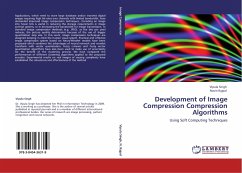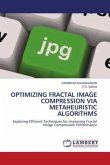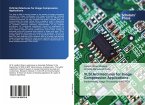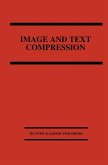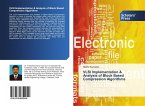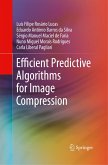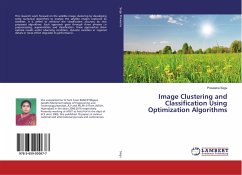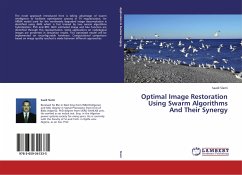Applications, which need to store large database and/or transmit digital images requiring high bit-rates over channels with limited bandwidth, have demanded improved image compression techniques.. Encoding an image into fewer bits is useful in reducing the storage requirements in image archival systems, or in decreasing the bandwidth for image transmission. In standard image compression methods (e.g. JPEG), as the bits per pixel reduces, the picture quality deteriorates because of the use of bigger quantization step size. In this work, image compression techniques are designed keeping in mind the human visual system. Practical and effective image compression system based on Neuro-Wavelet models have been proposed which combines the advantages of neural network and wavelet transform with vector quantization. Fuzzy c-means and Fuzzy vector quantization algorithms have also been used to make use of uncertainty for the benefit of the clustering process. We have compared the performances of different clustering algorithms applied to the proposed encoder. Experimental results on real images of varying complexity have established the robustness and effectiveness of the method
Bitte wählen Sie Ihr Anliegen aus.
Rechnungen
Retourenschein anfordern
Bestellstatus
Storno

